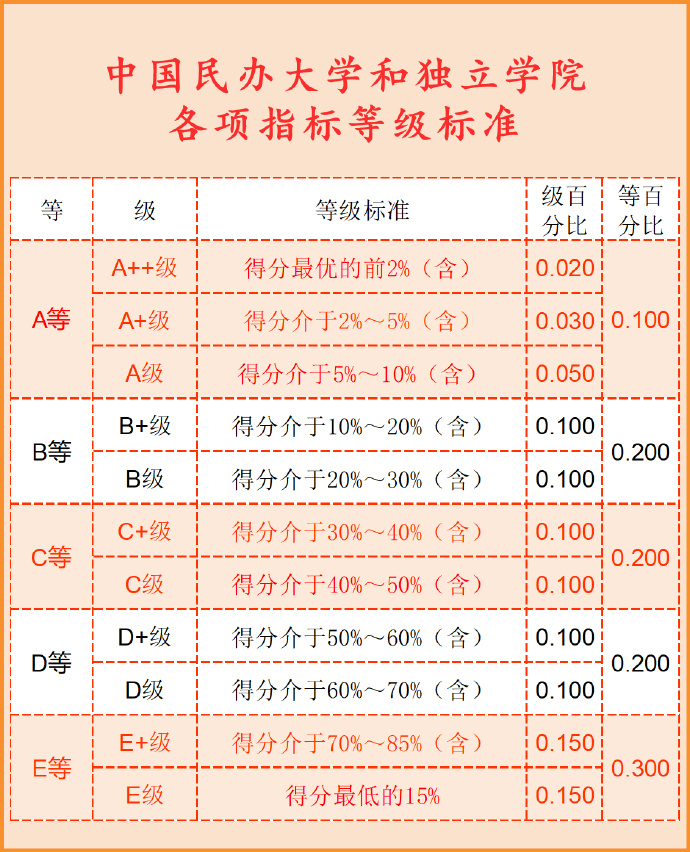blame是什么意思
blame英 [ble?m] 美 [ble?m]
v.把…归咎于;责怪;指责
n.(坏事或错事的)责任;责备;指责
第三人称单数: blames现在分词: blaming过去式: blamed过去分词: blamed
扩展资料:
v.(动词)
blame的基本意思是对于不端行为、过失、罪过等的“责备”,有时含斥责挑剔的意味,故也可译为“责怪”“责难”。
blame可用作不及物动词,也可用作及物动词。用作及物动词时,可接表示人或事物的名词、代词作宾语。blame通常不接that引导的从句。blame表示被动意义时通常用主动形式,有时也可用被动形式。
blame用作不及物动词时,可接for表示责怪的原因; 接on则指“把责任推卸给某人”。
be toblame的意思是“该受惩罚(主动形式含有被动意义)”。这里be to是半助动词,加动词原形blame构成谓语。另外,其主语可以是人,不应是物。
n.(名词)
blame的基本意思是对做错的事或过失应负的责任。也可指对做错事的批评,非难或指责某人。
blame是不可数名词,没有复数形式。
blame表示“责备”,不一定是责备的行为,可以是“在心理上责备某人”,而那个人却不知道你在责备他;
表示“某人有过失”或“该受责备”时,常用toblame来表达,很少用被动格式to beblamed。blameit on him表示blamehim for it(因……责备某人),该结构比较少见。
She is certainly to blame.
她一定有过失。
be to blame (for sth)
(对坏事)负有责任
to be responsible for sth bad
If anyone's to blame, it's me.
如果有人该承担责任,那就是我。
Which driver was to blame for the accident?
哪位司机是此次事故的肇事者?
don't blame me
(informal)(劝阻别人时说)别怪我。
used to advise *** not to do sth, when you think they will do it despite your advice
Call her if you like, but don't blame me if she's angry.
你想给她打 *** 就打吧,不过要是她生气就别怪我。
I don't blame you/her, etc. (for doing sth)
(informal)我不怪你(或她等);你(或她等)的做法是可以理解的。
used to say that you think that what *** did was reasonable and the right thing to do
‘I just slammed the phone down when he said that.‘I don't blame you!’
“他一说那话我就啪地一下挂了 *** 。”“你做得对!”
only have yourself to blame
只能怪你自己;是你自己的错。
used to say that you think sth is *** 's own fault
If you lose your job, you'll only have yourself to blame.
如果你丢掉了工作,你只能责怪你自己。
blame的用法和意思。
be to blame和be blamed for的区别为:意思不同、用法不同、侧重点不同。
一、意思不同
1、be to blame:对某事应负责任的,应受责备的。
2、be blamed for:被指责为。
二、用法不同
1、be to blame:基本意思是对于不端行为、过失、罪过等的“责备”,有时含斥责挑剔的意味,故也可译为“责怪”“责难”。blame可用作不及物动词,也可用作及物动词。
2、be blamed for:基本意思是对做错的事或过失应负的责任。也可指对做错事的批评,非难或指责某人。blame是不可数名词,没有复数形式。blame表示“责备”,不一定是责备的行为,可以是“在心理上责备某人”,而那个人却不知道你在责备他。
三、侧重点不同
1、be to blame:(是)某种不良后果的原因。
2、be blamed for:注重体现应受到的结果。
blame的用法与搭配
blame的用法与搭配如下:
blame用作及物动词时,可接表示人或事物的名词、代词作宾语。He always blames his son.他总是责备他儿子。
blame用作不及物动词时可接for表示责怪的原因;接on则指“把责任推卸给某人”。blame通常不接that引导的从句。blame表示被动意义时通常用主动形式,有时也可用被动形式。
用作名词,通常是不可数名词。He put [laid,cast,charged] all the blame on me.他把一切都归咎于我。
用作动词,通常为及物动词。She blamed me for the failure.或She blamed the failure on me.她把失败归咎于我。虽为及物动词(可以带宾语),但在表示被动意义时,它通常用主动形式。如:Nobody is to blame for it.这谁也不怨。
常用的搭配:Blame *** (for sth):(因某事而)责备或指责某人。Blame *** for doing sth: 责备某人做了某事。Be to blame for sth:应为某事承担责任。这个句型不能用被动语态。Blame sth on *** :把某事归咎于某人。
“blame”是什么意思?
blame释义: vt. 责备;把 ... 归咎于 n. 责备;过失
读音:英 [ble?m] 美 [ble?m]
单词变形:
名词: blamer
过去式: blamed
过去分词: blamed
现在分词: blaming
第三人称单数: blames
Don't always blame him, he is only a little child.
别老责怪他,他只不过是个孩子。
扩展资料:
近义词
1、accuse
读音:英 [?'kju?z] 美 [?'kju?z]
v. 谴责;控告;指责
How dare you accuse me of lying!
你怎敢谴责我说谎!
2、condemn
读音:英 [k?n'dem] 美 [k?n'dem]
vt. 谴责;判刑
We must not condemn her on pure supposition.
我们不能单凭猜测就谴责她。












